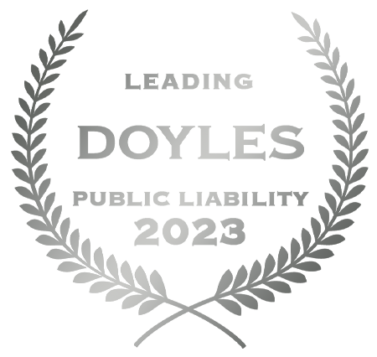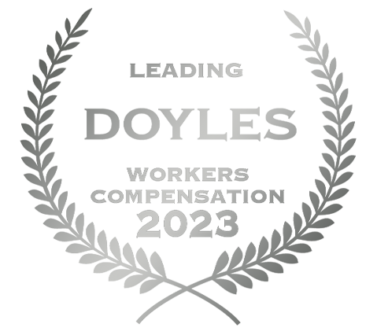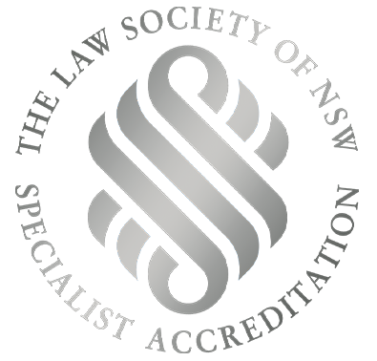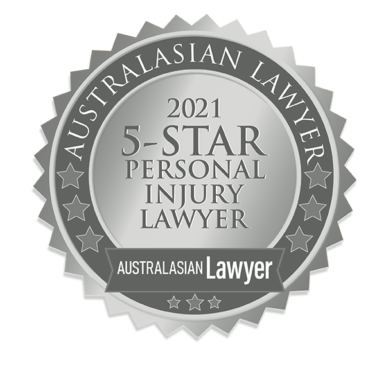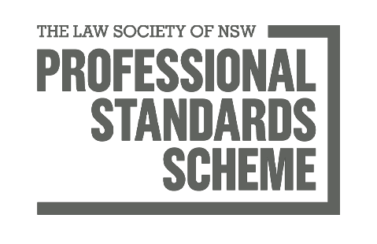
Five Things You Didn’t Know About PTSD.
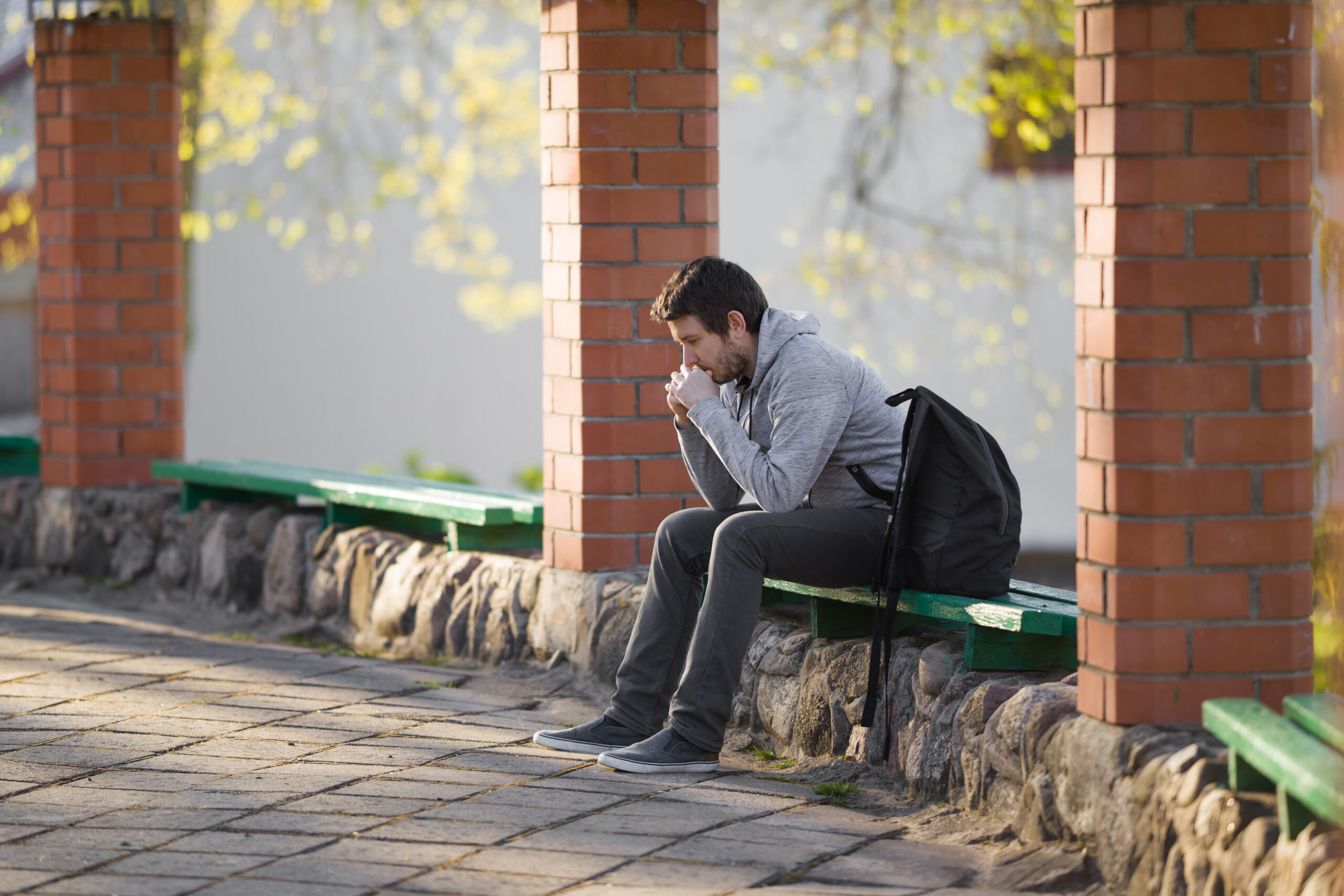
It’s a feature in almost every war movie ever made.
The army character comes home from a warzone and experiences vivid flashbacks of a traumatic battle, which plays havoc with his/her emotions and causes confusion amongst the character’s friends and family. Unfortunately, this is the extent of knowledge or answer so many people give when asked about their understanding of Post Traumatic Stress Disorder. But the reality is, there’s so much more to this disorder than just the cliché film scene.
What is PTSD
PTSD essentially refers to certain types of behaviour or reactions that develop after a traumatic event or experience. And like so many mental health issues, PTSD is not always immediately obvious in individuals who suffer from the disorder – leading to its classification as an ‘invisible injury’. But this certainly doesn’t mean that its symptoms aren’t real or potentially life altering.
To give you a better understanding of PTSD, we’ve compiled five interesting facts you more than likely didn’t know.
Serious car accidents are the leading cause of PTSD in Australia
Almost every person regularly drives or is a passenger in a motor vehicle, which is why it’s not hard to believe that car accidents are one of the leading causes of serious injury in Australia. In 2017, approximately 13,000 people in NSW were hospitalised due to motor vehicle-related injuries and studies have shown that these individuals could be up to 27 per cent more likely to experience signs of PTSD. These signs can take many forms including flashbacks of the incident triggered only when the individual enters a motor vehicle to immediate and heightened levels of anxiety at the mere mention of a car accident.
An individual can develop PTSD years after a traumatic event
We’re all different and no one traumatic event is the same, so it’s important to realise that while some individuals can experience PTSD one month after an event, others can take years. Witnessing or being involved in a similar circumstance as the previous traumatic event years later, can trigger symptoms of PTSD.
Flashbacks of a traumatic event is not the only symptom of PTSD
Flashbacks, although a major symptom of PTSD, is far from the only one. An individual who is experiencing PTSD can develop severe anxiety, can have their mood severely impacted and can lose interest in participating in activities they previously enjoyed. An individual’s sleep can also be affected and feelings of guilt or loneliness can arise – which can see them elect to avoid public places or social activities and substance abuse can often develop.
PTSD is not always the result of one traumatic event
Sure, many cases develop as a result of one specific event but constant exposure or a build-up of witnessing traumatic events over time can also lead to the PTSD. This is particularly common in emergency workers who often deal with a number of traumatic events both directly and indirectly over the course of their career. Unfortunately, this is a common trend amongst these workers, who choose not to seek help because they believe many of these emotions will go away, and before they know it, the symptoms just overwhelm them.
Violent or sexual trauma is more likely to cause PTSD
Arguably the most devastating trauma an individual can witness or be exposed to is violent or sexual trauma. And so, given the devastating impact of these events, studies have shown that they’re more likely to result in PTSD than any other circumstance. For example, police and ambulance officers deal with violent situations more than most other professions, and as a result, these workers are more likely to suffer from signs of PTSD.
PTSD is a serious and real problem in our society, and if you feel as though you’re struggling or may be suffering from symptoms of the disorder, don’t be afraid to tell someone and seek help.
Call 13 15 15 or chat to us now for free advice
Chat nowFind out how much you can claim.
Get startedRelated articles.
Do I have a case?
Our senior lawyers will assess your case for free1.


